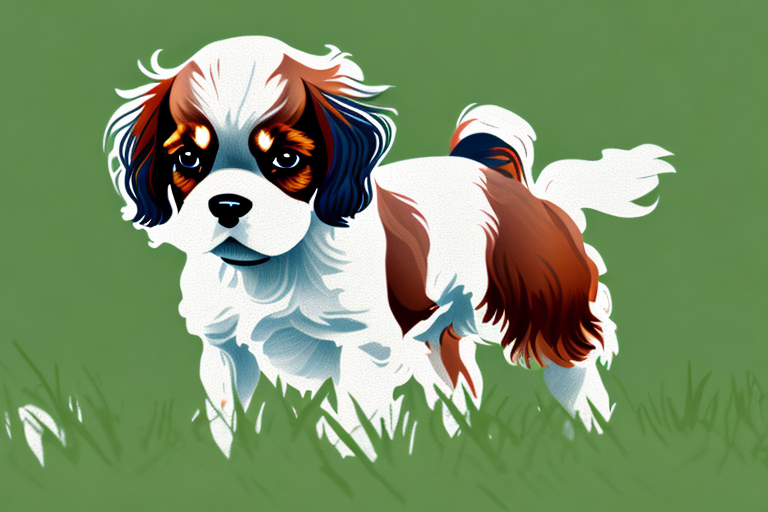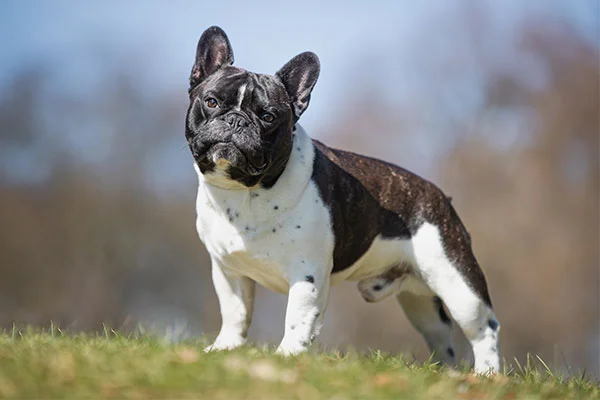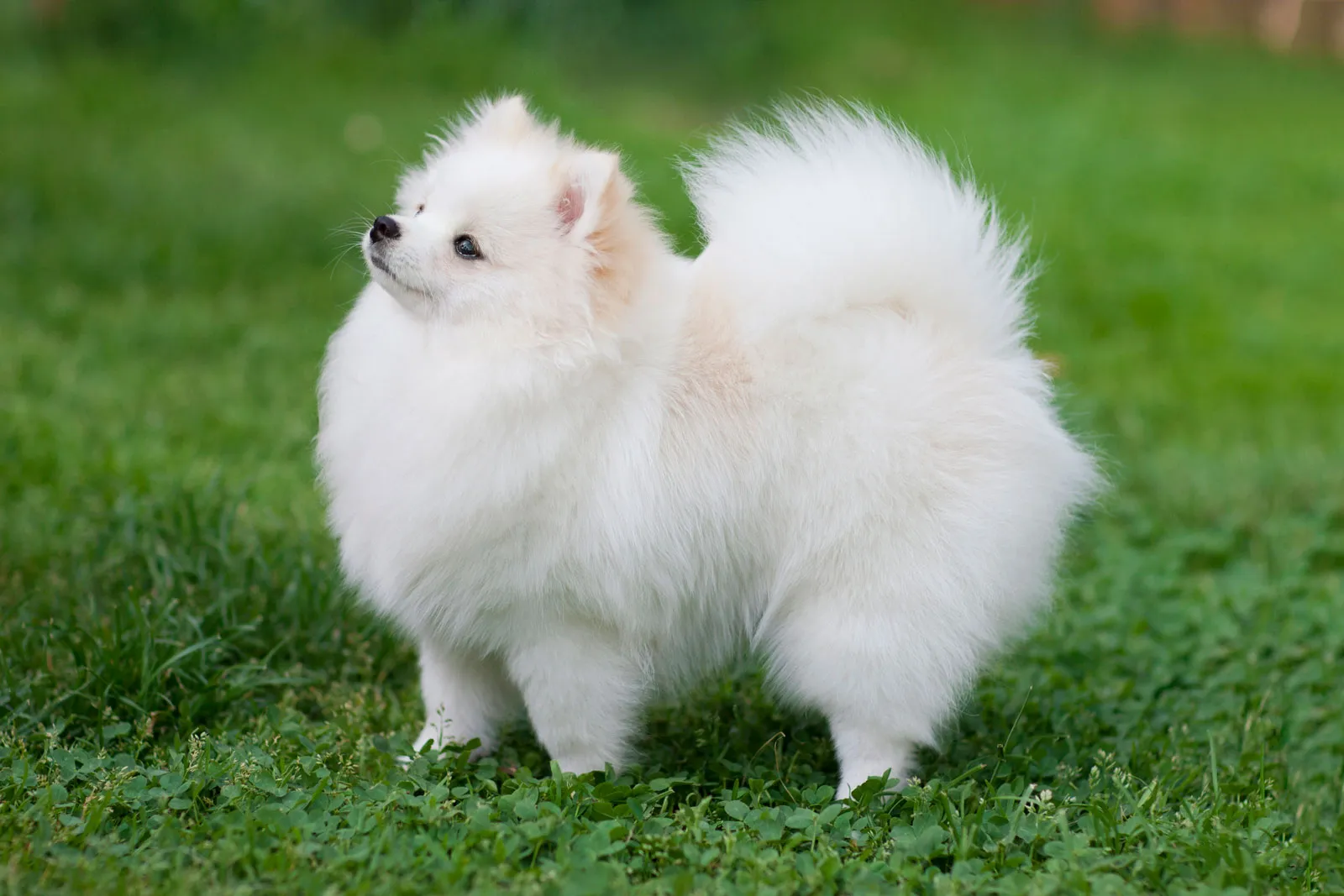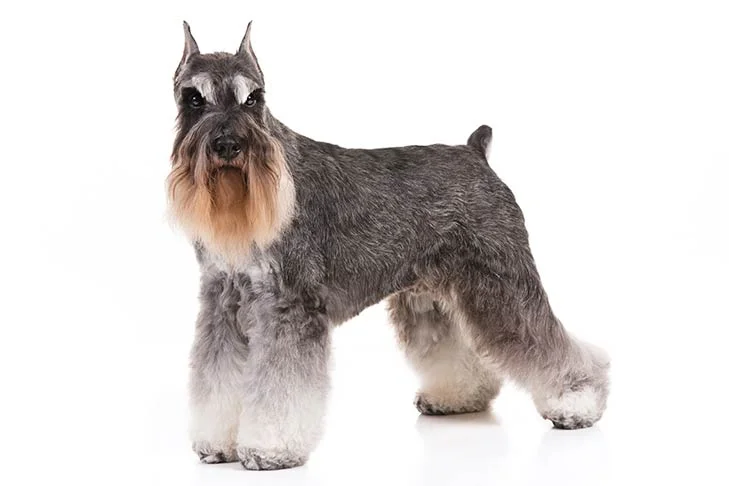Living with a disability can present unique challenges, but the companionship of a small dog can make a world of difference. These tiny yet mighty companions offer emotional support, enhance physical activity, and provide unwavering loyalty. In this guide, we’ll explore the best small dog breeds for people with disabilities, focusing on their unique traits and benefits.
Why Choose Small Dog Breeds?
Small dog breeds are often preferred for their manageable size, ease of care, and adaptability. They can be excellent service or therapy dogs, providing comfort and assistance without the physical demands of larger breeds.
Top Small Dog Breeds for People with Disabilities
1. Cavalier King Charles Spaniel
- Temperament: Gentle, affectionate, and friendly.
- Benefits: Known for their comforting presence and adaptability, making them perfect for emotional support.
- Care Needs: Moderate grooming, regular exercise.

2. French Bulldog
- Temperament: Loyal, patient, and low-energy.
- Benefits: Their calm demeanor and low exercise requirements make them ideal for individuals with limited mobility.
- Care Needs: Minimal grooming, attention to breathing issues due to their flat faces.

3. Pomeranian
- Temperament: Energetic, intelligent, and affectionate.
- Benefits: Their small size and playful nature provide great companionship and mental stimulation.
- Care Needs: Regular grooming, moderate exercise.

4. Shih Tzu
- Temperament: Friendly, outgoing, and adaptable.
- Benefits: Shih Tzus are known for their loving nature and are excellent for providing emotional support.
- Care Needs: High grooming needs, moderate exercise.

5. Miniature Schnauzer
- Temperament: Alert, friendly, and intelligent.
- Benefits: Their keen sense of alertness can help in providing a sense of security and companionship.
- Care Needs: Regular grooming, active playtime.

Benefits of Small Dog Breeds for People with Disabilities
Emotional Support
Small dog breeds are excellent at providing emotional support. Their presence can reduce anxiety, depression, and feelings of isolation. Breeds like the Cavalier King Charles Spaniel and Shih Tzu are particularly known for their comforting and affectionate nature.
Physical Assistance
Certain small dog breeds can be trained to perform tasks that assist with physical disabilities. For example, Miniature Schnauzers can be trained to alert their owners to sounds or changes in their environment, providing a sense of security and independence.
Social Interaction
Owning a small dog can encourage social interaction, which is crucial for mental health. Taking a dog for a walk or visiting a dog park can provide opportunities to meet new people and form connections.
Adaptability
Small dog breeds are often more adaptable to different living environments, making them suitable for individuals living in apartments or smaller homes. French Bulldogs, for instance, are well-suited for indoor living and require minimal outdoor exercise.
Considerations When Choosing a Small Dog Breed
Energy Levels
Consider the energy levels of the breed to match your lifestyle. Some breeds, like Pomeranians, are more energetic and require regular playtime, while others, like French Bulldogs, are more laid-back.
Grooming Needs
Grooming requirements vary among breeds. Breeds like Shih Tzus and Pomeranians have higher grooming needs, while French Bulldogs and Miniature Schnauzers require less maintenance.
Health Concerns
Be aware of breed-specific health issues. For example, French Bulldogs may have respiratory problems due to their flat faces, and Cavalier King Charles Spaniels can be prone to heart conditions.
Conclusion
Choosing the best small dog breed for people with disabilities involves considering the individual’s specific needs and lifestyle. Small dog breeds offer a range of benefits, from emotional support to physical assistance, making them invaluable companions. Whether you prefer the gentle Cavalier King Charles Spaniel or the playful Pomeranian, there’s a small dog breed out there to enhance your quality of life and provide loyal companionship.





















